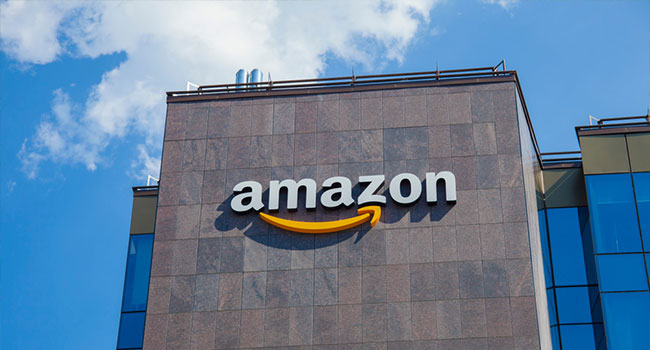
Amazon’s Facial Recognition Software Can Now Detect Fear, Company Says
Rekognition could already detect “happy,” “sad,” and other emotions. Now, the software is capable of analyzing people’s faces for fear.
- By Haley Samsel
- Aug 20, 2019
In a short blog post last week, Amazon announced its facial recognition software, Rekognition, is now capable of detecting fear in the images and videos it analyzes. The company says it has also improved accuracy for its other emotion detection capabilities, which can detect “happy,” “sad,” “angry,” “surprised,” “disgusted,” “calm,” and “confused.”
Amazon is far from the first company to offer algorithms that can reportedly detect emotions. Microsoft has done the same since 2015, and Google has offered its own service since 2016, according to WIRED magazine. But the company’s relationship with police departments, which are increasingly using its Ring doorbell surveillance service to collect videos and images from residents, is what makes it stand apart.
Some artificial intelligence experts are skeptical about emotion detection’s ability to accurately read faces and categorize feelings into a database that would be searchable for law enforcement or other clients. Rumman Chowdhury, a data scientist and the lead for Responsible Artificial Intelligence at Accenture, told WIRED that many industry leaders have become overconfident about what technology can do.
“To most programmers, as long as the output is something reasonable and the accuracy looks OK on some measure, it’s considered to be fine,” Chowdhury said.
The FBI and other investigative agencies can use emotion detection technology to sort through images that were collected during digital evidence gathering, according to Oxygen Forensics, which started offering the service in July. The tools can help them do their jobs more quickly, chief operating officer Lee Reiber told WIRED.
Amazon has not clarified how its emotion detection technology is currently being employed beyond stating that retailers could analyze live images to track emotional or demographic trends at its locations. And the tech giant has had less success with selling Rekognition to law enforcement agencies than it has with Ring, which many police departments are encouraging residents to use.
Amazon experienced debilitating issues with its only facial recognition partner in Orlando, Florida. Orlando police ended their pilot program with Amazon last month after its department was not able to get the software to consistently work with its existing video surveillance equipment.
The company continues to face criticism from the American Civil Liberties Union, which published findings last week that Rekognition wrongly flagged 26 California politicians as criminals.
About the Author
Haley Samsel is an Associate Content Editor for the Infrastructure Solutions Group at 1105 Media.